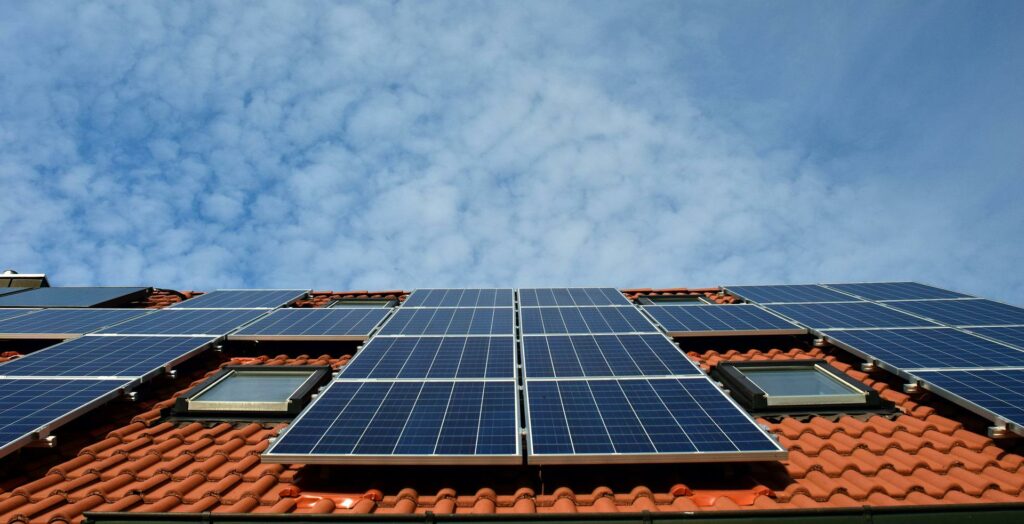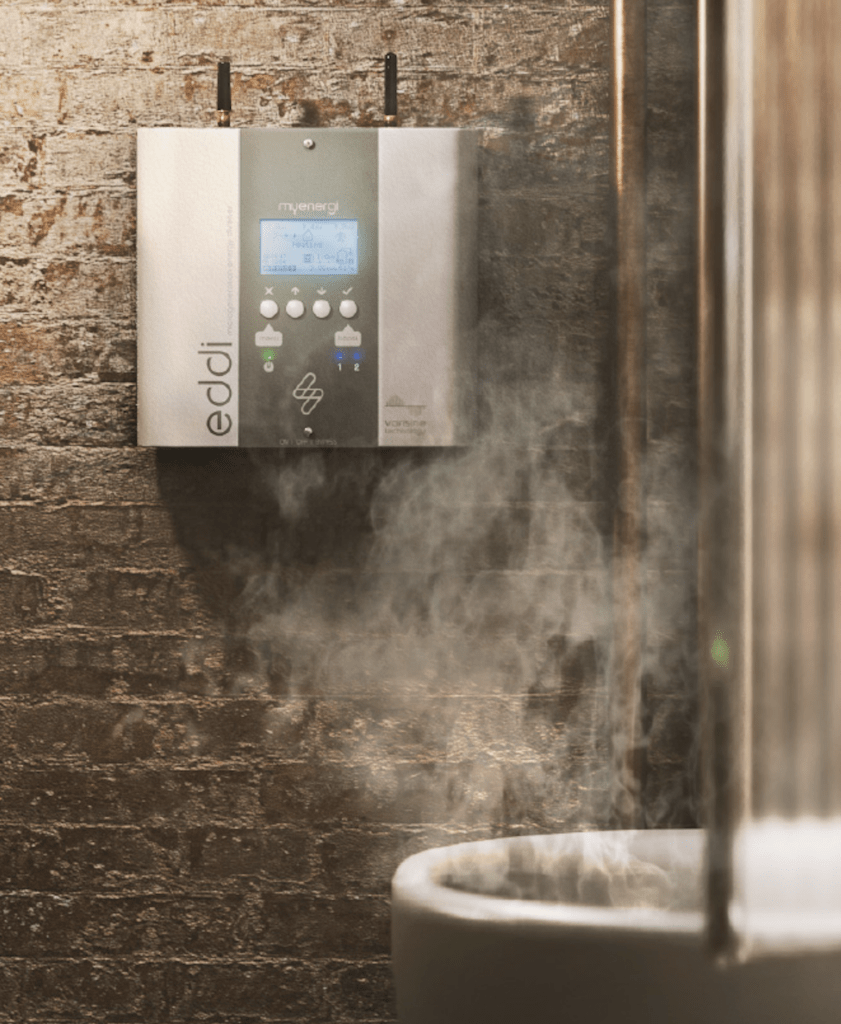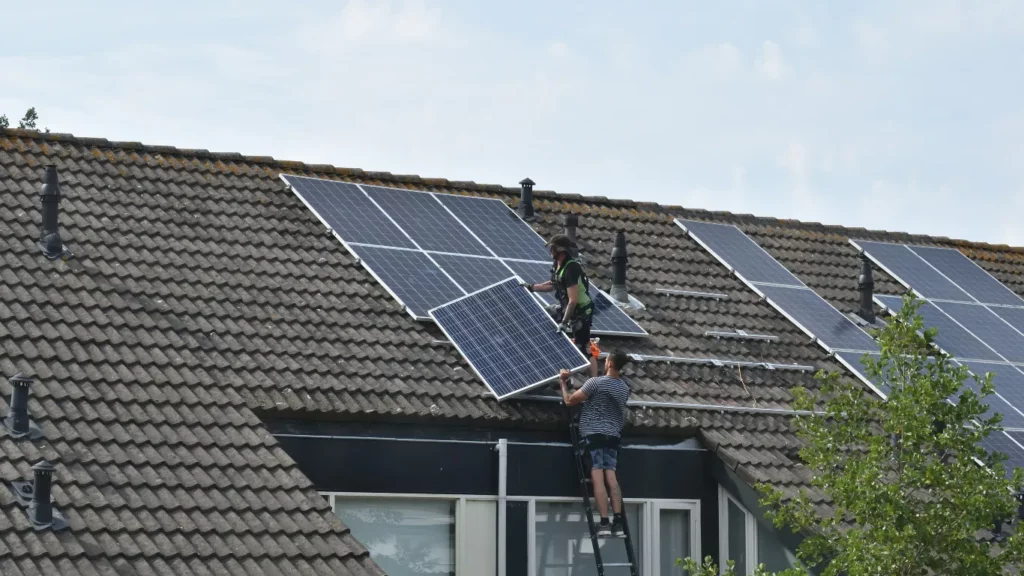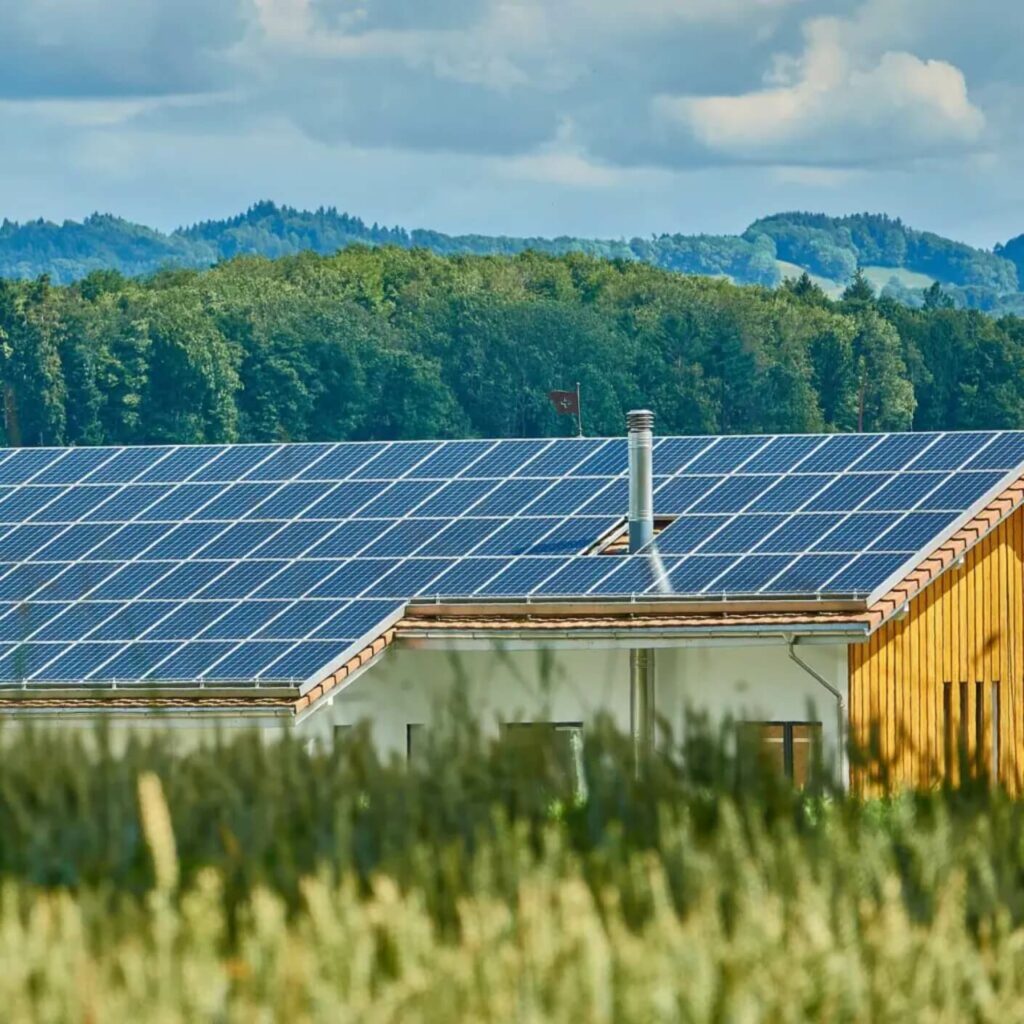Solar Power: Everything You Need to Know

Tackling climate change
With the threats of global warming becoming alarmingly abundant, over half of the British public claim they would install solar panels to help tackle climate change if they had greater assistance from the government.
With its capacity tripling in the past five years, renewable energy has now actually overtaken fossil fuels in the UK. New analysis predicts that wind and solar power will account for 50% of the world’s energy by 2050. While wind is currently the main source of renewable power, solar power is a close second.
One of the big questions we know many of you have is: how do solar panels work? Solar power uses photovoltaic technology to absorb power from the sun and change it into useable energy – like electricity to power your home. Solar panels are made up of multiple solar cells which use the ‘photovoltaic effect’ to create energy – which is why they are often referred to as photovoltaic cells (PV cells for short).
We know that can seem confusing, so we’ve broken it down a little more for you below.

What is photovoltaic technology?
Photovoltaic refers to the production of an electric current between two substances when they are exposed to light.
While the photovoltaic effect is an extremely complicated process, it can be broken down into three steps:
- The light from the sun gets absorbed, causing the electrons in the solar cells to get loose.
- These electrons then flow and create a current.
- The current is captured and transferred to wires.

What happens to solar panels at night?
Naturally, a big concern for people considering purchasing solar panels will be what happens when the sun sets or during days with little to no sunshine. As we all know, living in the UK means that sunshine can be quite sporadic and is never guaranteed!
So, as the majority of us are out for most of the day, and back in the evening when the sun is setting, how can we get the most out of the energy we are producing?
First of all, it is important to understand that while solar energy may be your primary source of power, you are never fully disconnected from the main grid. At nighttime, the solar panels switch to standby mode, allowing your energy source to switch from solar to the main electricity grid.
Energy from the day can be stored in a battery bank, which can then be used at night or on cloudy days when solar panels are less efficient.
Our innovative eddi device is perfect for maximising self-consumption of energy as it stores and diverts surplus power to your heating and hot water, all while reducing your utility bills! Along with our harvi and zappi products, our smart home bundle will improve your self-consumption further, as they can be set to recognise when the economy or agile tariffs are available. If you do not have a self-consumption feature installed with your solar panels, any surplus energy will be released into the main electricity grid instead.
Advantages of solar power
There are many advantages of utilising solar power for your building. Most importantly, it is a renewable energy source. Unlike fossil fuels, we will never run out of solar energy, as it can be harnessed all over the world, and it’s not harmful to the environment either.
Another perk of installing solar panels is the reduction of your electricity bills, and even your heating bill if you use our eddi. In fact, our smart devices pay for themselves in savings, while also increasing the return of investment of the solar install as a whole. Maintenance costs are minimal when it comes to solar cells, which is a big bonus too!
While it may initially seem like a significant outlay to install solar panels, they are in fact a very sensible investment that will save you a tremendous amount of money over time through cutting down on your bills. In addition to this, having solar panels fitted will actually increase the value of your property!

How much does it cost to install solar panels at home?
Between 2017 and 2018, homeowners paid, on average, around £6,500 for 21 square meters of roof. Of course, the price will vary from household to household and it can be affected by a number of factors – ranging from the number of occupants and roof space, as well as the number and type of solar panels.
It is important to remember the great advantages of having solar panels installed, and you can rest assured that you will make a great deal of money back through the savings on your utility bills, in addition to the greatly increased value of your property.
While the Feed in Tariff is ending on March 31st 2019, many installers see this as a positive. The prices of panels and batteries are coming down and newer, smarter technology is being developed.
Get in touch with us for a quote today. Get in touch

Do you already have solar panels installed?
If you are already reaping the benefits of solar power, ensure you’re getting the most of it with our fantastic energy-saving products.
If you have any questions, please don’t hesitate to get in touch with our friendly team!
Get in touch